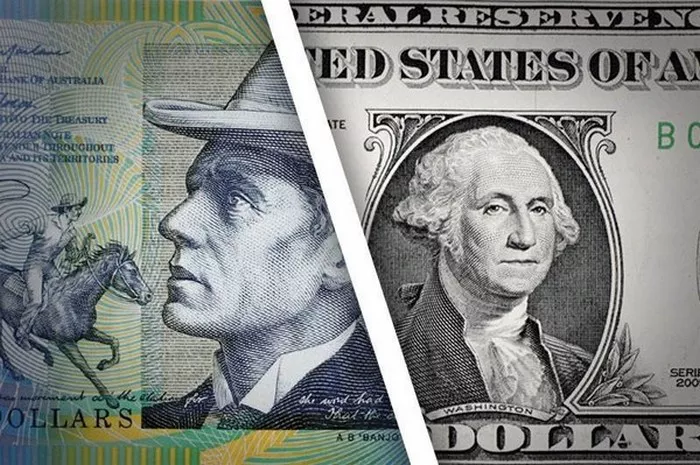As a global traveler or an investor with exposure to the Australian market, knowing the best time to exchange your Australian dollars can have a significant impact on your financial outcomes. The foreign exchange market is subject to various factors that influence currency values, making it crucial to stay informed and make informed decisions. In this comprehensive guide, we will explore the key factors affecting the Australian dollar’s value in 2023 and identify potential opportunities for favorable exchange rates.
1. Economic Outlook and Monetary Policy:
The economic outlook of a country plays a vital role in determining the strength of its currency. In 2023, Australia’s economic performance is projected to be influenced by factors such as GDP growth, inflation, employment rates, and monetary policy decisions. It is essential to closely monitor these indicators as they provide insights into the country’s economic health and can impact the value of the Australian dollar.
2. Global Economic Factors:
The global economic landscape also significantly influences currency exchange rates. Factors like trade balances, geopolitical tensions, and monetary policies of major economies, most notably the United States, China, and the European Union, can create volatility in currency markets. It is important to keep an eye on these macroeconomic factors as they can affect the demand and supply dynamics of the Australian dollar.
3. Interest Rate Differentials:
Interest rate differentials between countries play a crucial role in determining exchange rates. Higher interest rates tend to attract foreign capital, thereby increasing demand for a currency and driving its value up. In 2023, any changes in the interest rate policies of the Reserve Bank of Australia (RBA) or other central banks could impact the attractiveness of the Australian dollar for global investors.
4. Commodity Prices:
Australia is a resource-rich nation, and its currency is highly correlated with commodity prices, especially those of iron ore and coal. Changes in commodity prices can have a significant impact on the value of the Australian dollar. Monitoring global commodity markets and understanding supply-demand dynamics is important for assessing potential exchange rate movements.
5. Political Developments:
Political stability and policy changes in Australia can influence investor confidence and, consequently, currency values. Key events such as elections, changes in government, or major policy shifts should be monitored to gauge their potential impact on the Australian dollar.
6. Seasonal Factors:
In addition to macroeconomic factors, seasonal trends can also impact exchange rates. The demand for Australian dollars may vary during peak travel seasons or holiday periods. Understanding these patterns can help you plan your currency exchanges accordingly.
7. Expert Forecasts and Analysis:
To make informed decisions about exchanging Australian dollars, it is helpful to consider expert forecasts and analysis. Financial institutions, research firms, and experienced analysts provide insights and predictions based on extensive research and market knowledge. Monitoring their reports and opinions can provide valuable guidance when deciding on the best time to exchange Australian dollars.
Conclusion:
While predicting exact exchange rate movements is challenging due to the inherent volatility of currency markets, staying informed about the key factors that influence the Australian dollar’s value can help you make more educated decisions. By closely monitoring economic indicators, global developments, interest rates, commodity prices, political events, seasonal trends, and expert forecasts, you can enhance your chances of maximizing the value of your Australian dollar exchanges in 2023. Remember, it is advisable to consult with a financial advisor or currency specialist before making any significant currency exchange transactions.
Disclaimer: This article provides general information and does not constitute financial advice. Exchange rates are subject to market fluctuations, and individual circumstances should be considered. Always consult with a qualified professional for personalized guidance.


